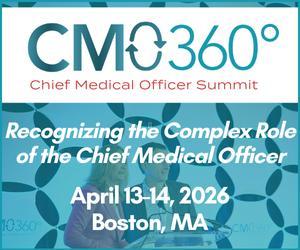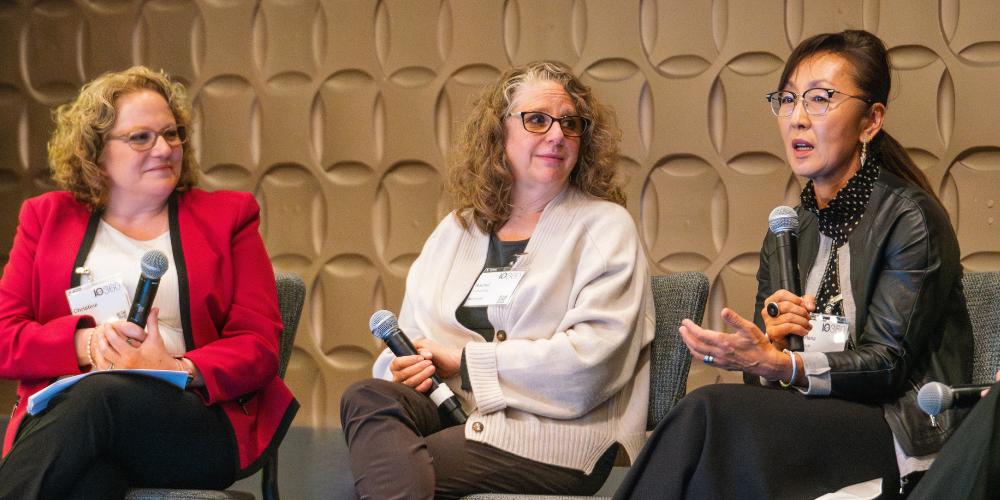A New Approach to Cancer Vaccines, With a Focus on T Cells
Mai-Britt Zocca, PhD, Founder and CEO of IO Biotech is flipping the cancer vaccine approach to focus on T cells instead of tumor cells. In this interview, we find out about how this approach reduces toxicity for patients, and could become a combination mainstay.

Cancer vaccines have been around for decades; what are you doing differently to make them more viable in 2024?
Other cancer vaccines were looking to primarily target the tumor cells. That did not show success in late-stage trials. Additionally, the earlier attempts were also conducted in late-stage patients. Today, we have the opportunity to test in 1L settings, or even earlier.
Our approach is to stimulate T-cells that attack targets expressing both tumor cells and immuno-suppressive cells in the tumor microenvironment. Our T-win vaccines have a dual mechanism of action, targeting cancer cells that are positive for our targets. In the case of IO102-IO103, our lead program, those would be the IDO+ or PD-L1+ cancer cells. We’re also going after the immuno-suppressive cells in the tumor microenvironment that are positive for our targets. We have shown that our vaccine approach can improve patient outcomes without adding systemic toxicity for patients.
"Our approach is to stimulate T-cells that attack targets expressing both tumor cells and immuno-suppressive cells in the tumor microenvironment."
What is the vaccine’s combination potential?
In the proof-of-concept study in patients with metastatic melanoma, our lead program was tested in combination with an anti-PD-1 checkpoint inhibitor. We observed a doubling in the efficacy compared to an anti-PD-1 therapy alone, with no additional systemic toxicity. There was an 80% overall response rate, 50% complete response rate, and 25.5 months of progression free survival as of the latest data cut in January 2023 – and, at that point, overall survival had not yet been met. This data supported advancing the program into a Phase III pivotal trial and breakthrough designation from the FDA.
What will become possible next if your work succeeds?
We believe that if these data are confirmed in the Phase III, our cancer vaccine could change the treatment landscape for patients with advanced melanoma and become a mainstay of future IO combination therapies.
If we succeed in the development of off-the-shelf therapeutic cancer vaccines, we will demonstrate that we can leverage the immune system to fight cancer. This will be a game changer for patients. Our pivotal trial is testing our lead asset in combination with pembrolizumab, but if we are successful here, we believe that we could potentially be used with other IO agents to improve patient outcomes even further.
"If these data are confirmed in the Phase III, our cancer vaccine could change the treatment landscape for patients with advanced melanoma and become a mainstay of future IO combination therapies."
What are the specific modalities or pathways that you’re keeping an eye on?
Outside of the cancer vaccine space, we are looking at other modalities, like ADCs and TILs, to see where those programs go as we look forward to eventually testing our candidates with other modalities with the goal of improving patient outcomes further, especially in difficult-to-treat cancer indications.










